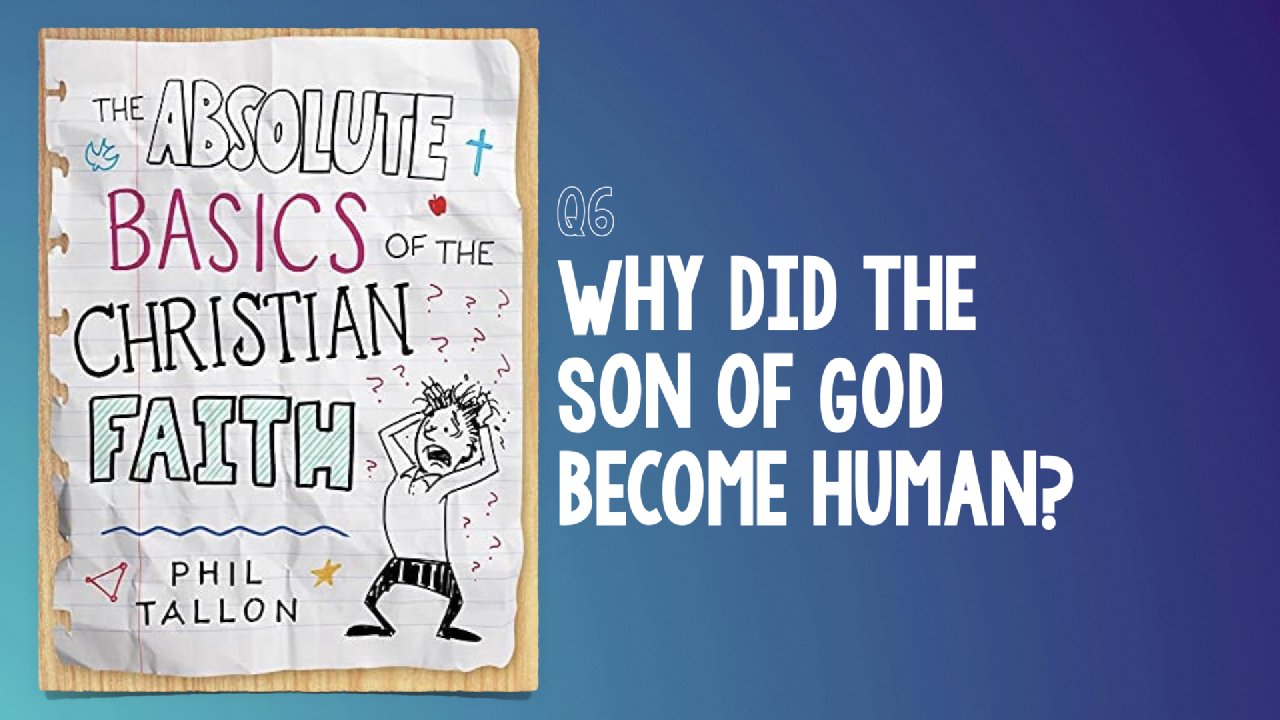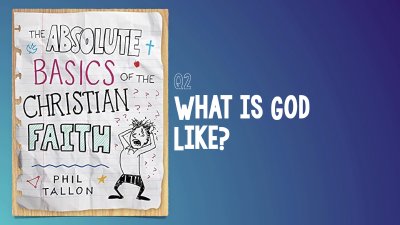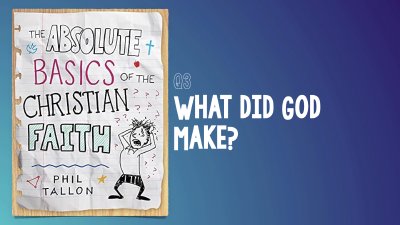Q. Why did the Son of God become human?
A. Because God loves us and wants to make us true children of God. (Galatians 4:4-5)
● Discussion Question: Read together the story of the Prodigal Son from Luke 15:11–32. The video compares the parable of the lost son in Luke 15 to our own story. How do you identify with the characters in the story—the older brother, younger brother, and father? Do you have relationships in which you identify with each of these characters?
● Discussion Question: Look up and read Luke 15:3–10. What is lost in those two stories? How are they found? Who goes looking for them? What do these stories show us about God?
● Discussion Question: The story of redemption is filled with familial imagery: God came to earth to bring us back into the family of God. How do our own human families help us understand (or misunderstand) this image? Does your family show you anything about what God is like? How or how not?
● Discussion Question: Why did God not just forgive us? Couldn’t He have just declared we weren’t guilty anymore? Why did Jesus have to die?
● Discussion Question: The lesson teaches that God’s motivation is love. What other motivations might some people say God has for saving us?
● Discussion Question: How is Jesus’ life like your yours? What do you have in common? How is Jesus’ story different than yours?
● Discussion Question: What was the most important idea you learned from this lesson? Is there anything you still don’t understand?
Application Question: What does being a "child of God," mean for your life? How does it change things to continually think of yourself as part of God’s family?








